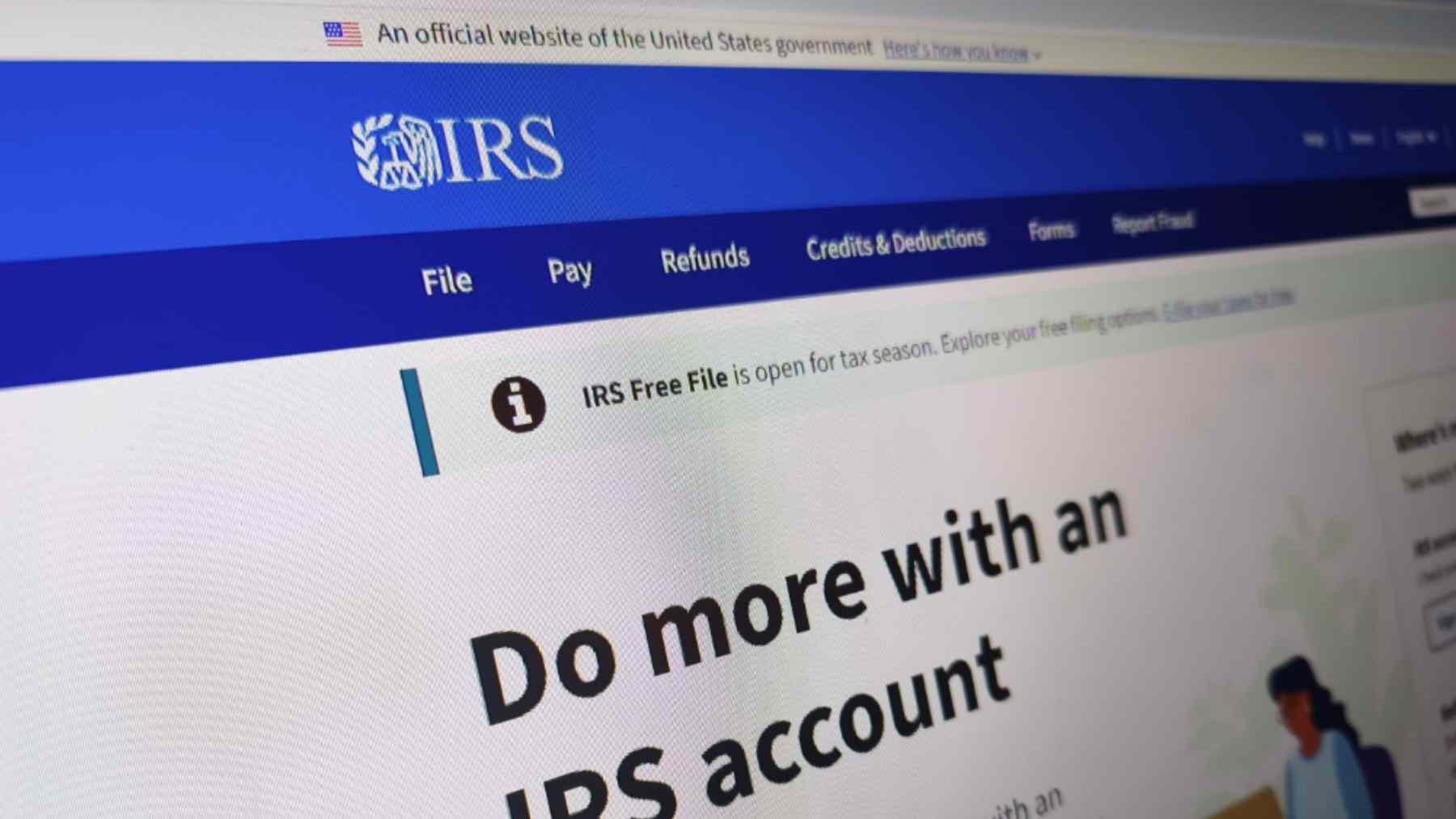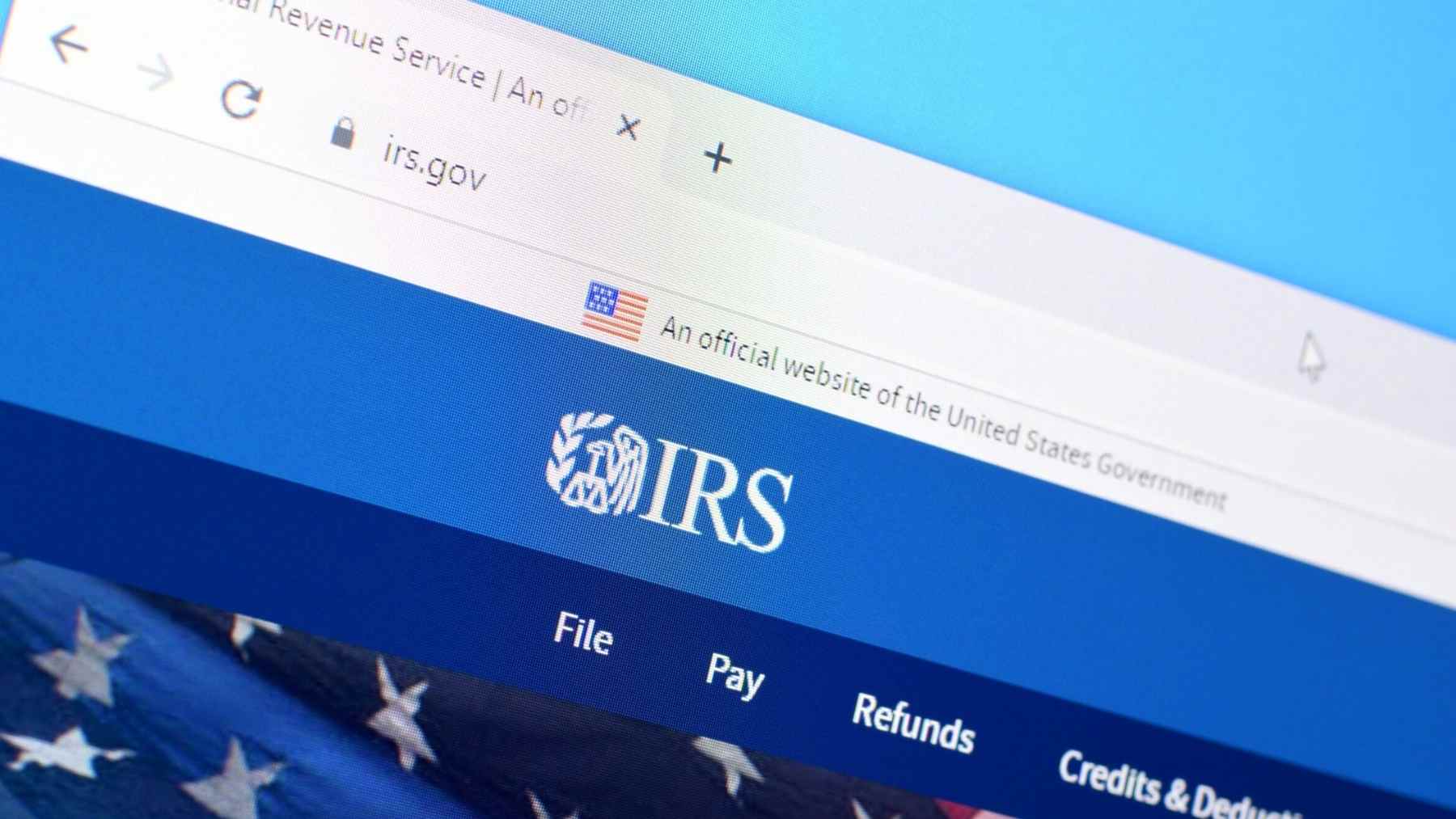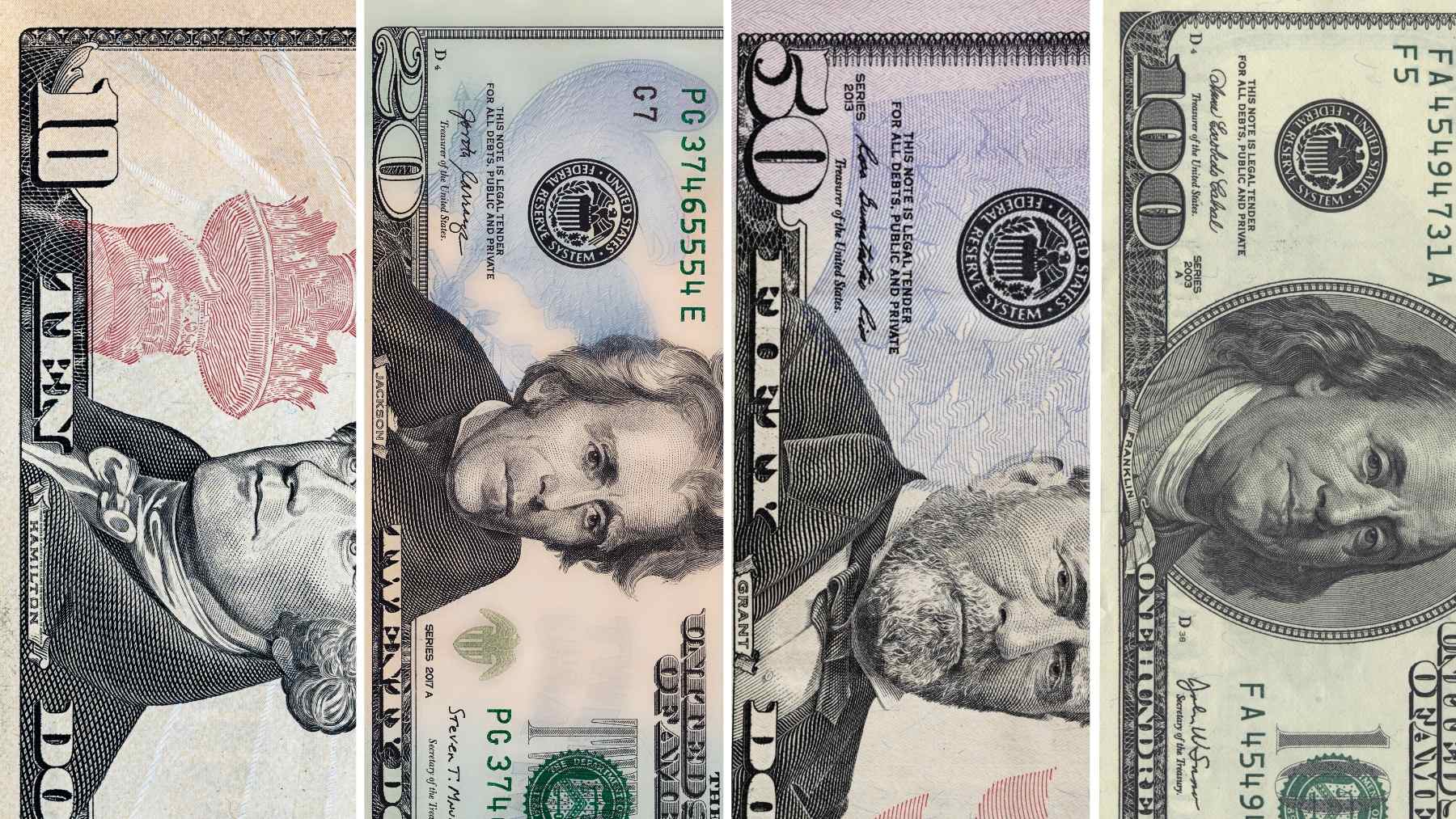Every month, the Social Security Administration (SSA) sends millions of payments to their beneficiaries, with the large majority of these payments for their retirement beneficiaries. In addition to their retirement benefits, the Administration also supports individuals who have access to very little to no resources or income through their Supplementary Security Income (SSI) programs as well as Disability payments for those unable to work due to a physical disability. One of these groups will be receiving a double payment this month from the Administration.
The SSA follows a rigid schedule
Every month, approximately 70 million beneficiaries need to be paid by the SSA. In order to ensure that payments are made smoothly and efficiently, the SSA follows a rigid and predictable payment schedule which it rarely deviates form unless scheduled payment dates fall on a holiday or weekend. Additionally, the strict and timely schedule ensures that beneficiaries can plan their expenses around accurate payment dates.
The SSA follows the general payment schedule every month:
- The second Wednesday of the month: Birth dates between the first and the 10th of the month.
- The third Wednesday of the month: Birth dates between the 11th and 20th of the month.
- The fourth Wednesday of the month: Birth dates between the 21st and 31st of the month.
However, these payment dates are not relevant to you of you are an SSI beneficiary or claimed your benefits before May 1997. If you only receive SSI benefits from the SSA, you are paid out on the first of every month regardless of when your birthdate is. If you receive both SSI and retirement benefits, your payments are made on the third of every month. Beneficiaries who claimed their benefits before May 1997 are also paid on the third of every month.
These beneficiaries will be getting two payments
This month, a select group of beneficiaries will be getting double payments, however, beneficiaries are to be reminded that this is not to be seen as a ‘bonus’ payment from the SSA. According to the Social Security payment schedule, SSI-only beneficiaries payment for September is set to fall on Labor Day. The SSA policy on getting two payments in one month will hence go ahead, as payments for beneficiaries are always advanced if the payment date falls on a public holiday.
SSI-only beneficiaries can expect to have their September payment be sent to them on August 29. All other payment dates are expected to go ahead as planned for this month. For SSI beneficiaries, the maximum amount you can receive is $967, and eligible married couples entitled up to $1,450., You can also qualify to receive $484 for an essential person.
Who will receive over $5,000 form the SSA?
The next coming weeks will see retirement beneficiaries receive their August benefits. While the average retiree receives approximately $2,000 form the Administration, the maximum payment you can claim from the SSA is $5,102. However, not all beneficiaries are eligible to receive this amount, and you need to have ensured that you meet the following eligibility criteria:
- You must wait to claim your benefits until you reach 70 years old
- You must have paid Social Security taxes on 35 years of income
- You must have achieved at least 40 working credits
The key criteria you need to meet here is waiting to claim your benefits. While the SSA does allow beneficiaries to claim their retirement benefits as early as 62 years old, you are rewarded with higher benefits the longer you take to claim. However, delaying your benefits past 70 years old offers no additional benefit to you. If you are currently still a working individual, if you want to maximize your SSA retirement benefits, ensure that you have a plan in place which will allow you to delay claiming as long as possible.
Disclaimer: This content is informational only and does not supersede or replace the SSA’s or IRS’s own publications and notices. Always verify any specific dates and amounts by following the direct links in our article to SSA.gov or IRS.gov, or by consulting your local SSA field office or tax professional.














